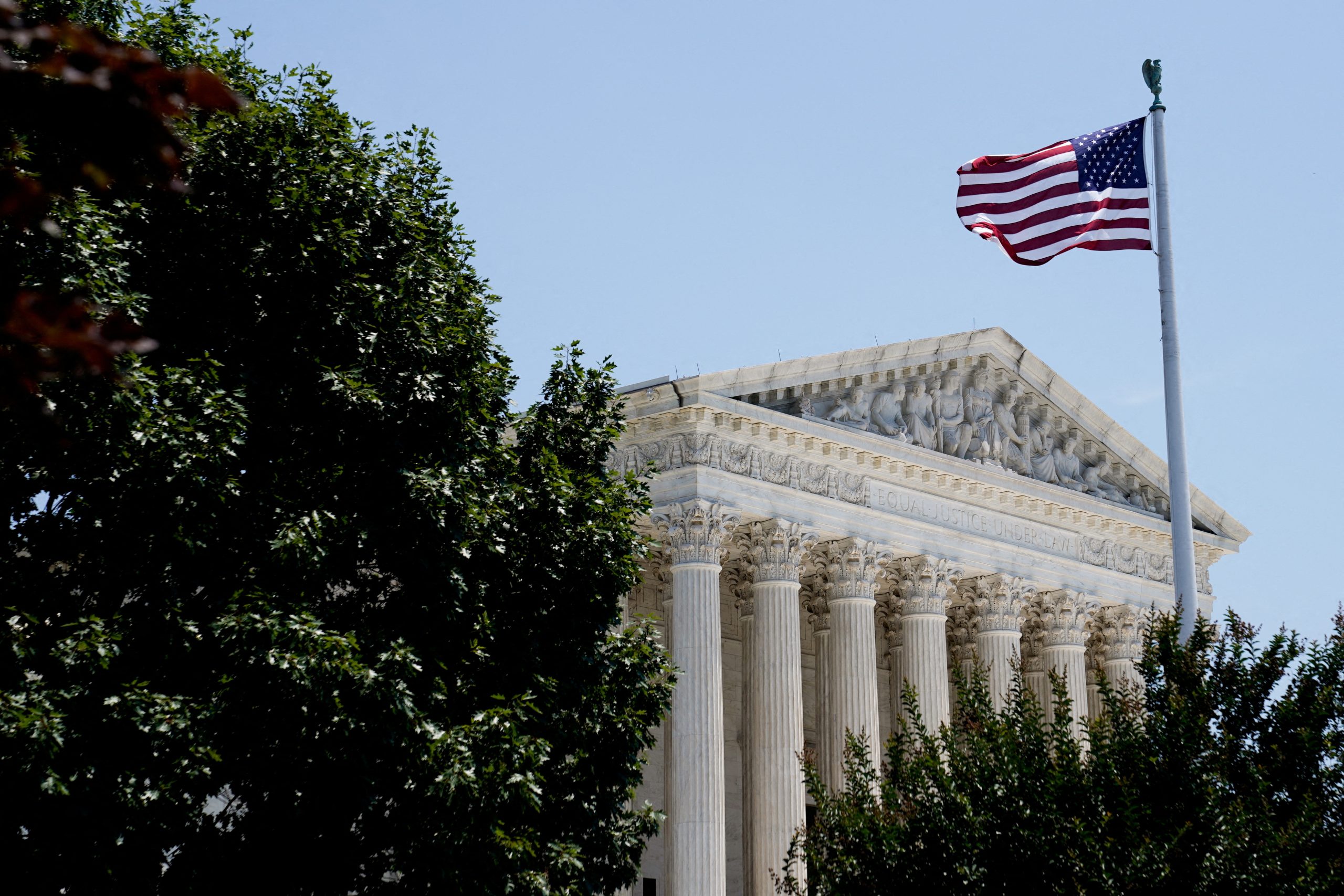
Matt Bush, FISM News
[elfsight_social_share_buttons id=”1″]
Yeshiva University, the oldest Jewish University in the U.S., cannot bar an LBGTQ student club from its campus after the Supreme Court refused to block a New York judge’s ruling.
In a 5-4 decision by the court, the justices ruled against the request to block the lower court’s decision without agreeing with the decision itself. The school must recognize the club while it exhausts the appeals process in the state of New York, after which it could be brought back to SCOTUS.
“The application is denied because it appears that applicants have at least two further avenues for expedited or interim state court relief,” the court said. The university can continue to appeal in courts in the state or file an appeal with the federal appellate division.
A recent FISM article describes the circumstances surrounding the initial court case that led Yeshiva University to appeal to the Supreme Court.
“We care deeply for and welcome all our students, including our LGBTQ students, and continue to be engaged in a productive dialogue with our Rabbis, faculty, and students on how we apply our Torah values to create an inclusive campus environment. We only ask the government to allow us the freedom to apply the Torah in accordance with our values,” said the President of Yeshiva University, Ari Berman.
The question in the case is this: “Do religious institutions have to abandon certain core beliefs and tenets to operate in the public square?”
Yeshiva University, according to its own website, is a “deeply religious institution” founded on the fact that the “five core Torah values comprise our moral compass and guide us toward a better future.” The university argued that they are wholly committed to Torah values as stated by their motto “Torah Umadda” and as such should be treated as a religious organization.
New York County Supreme Court Judge Lynn Kotler disagreed.
“Yeshiva’s organizing documents do not expressly indicate that Yeshiva has a religious purpose. Rather, Yeshiva organized itself as an ‘education corporation’ and for educational purposes, exclusively,” Kotler wrote in her decision, forcing the school to allow the club back on campus.
Because Kotler ruled that Yeshiva is not specifically a religious organization and takes state funds, she ruled that the school must comply with New York City Human Rights laws. One of those laws prohibits discrimination on the basis of “gender, gender identification, or sexual orientation” which is what Kotler focused on while leaving out the fact that those same laws list “religion/creed” as things that also could not be discriminated against.
Yeshiva filed a case with the Supreme Court addressed to Justice Sonia Sotomayor asking the court “to reconsider whether religious protections in the First Amendment can be used to override the city’s human rights law, which Judge Kotler used as a basis for his June decision.”
Supreme Court Justices who dissented included Samuel Alito, Clarence Thomas, Neil Gorsuch, and Amy Coney Barrett, with Justice Alito writing the dissent.
Sotomayor wrote for the majority stating, “The application is denied because it appears that applicants have at least two further avenues for expedited or interim state court relief.”
Alito’s dissent focused on the school’s first amendment rights to freely exercise its religion.
“I doubt that Yeshiva’s return to state court will be fruitful, and I see no reason why we should not grant a stay at this time. It is our duty to stand up for the Constitution even when doing so is controversial,” Alito wrote.
